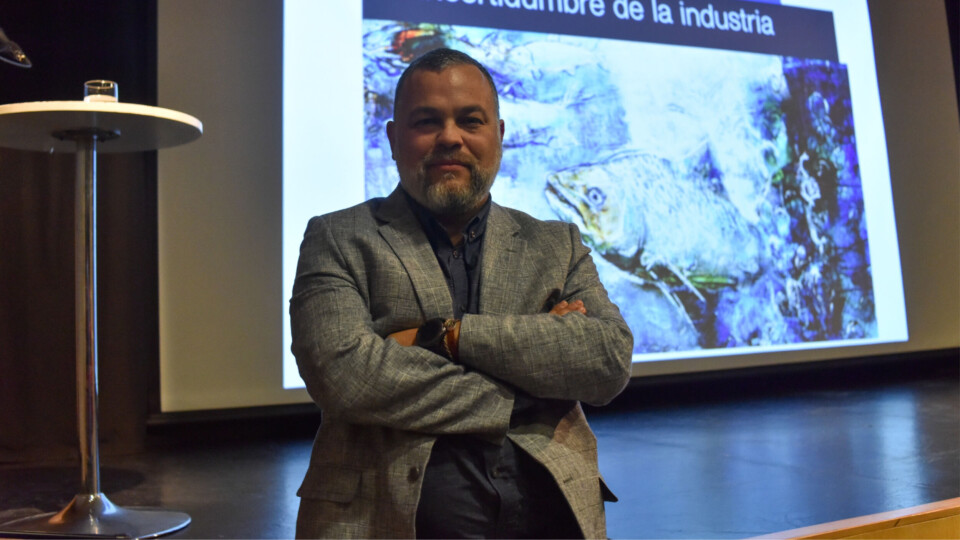
Chileans develop aeration system to restore seabed
An aeration system which promises to solve the problem of hypoxia of the seabed under salmon cages will be tested on a Cermaq salmon farm in Chile.
A new law that demands the restoration of the seabed to its previous condition after a farming cycle is completed, without resuspension of the sediment, has prompted a lot of interest from companies interested in supplying technology to the industry.
One of them is the Chilean company PSP Solutions, which has created a deep aeration system that will be trademarked in the coming days.
Biological process
The owner of PSP Solutions, Bruno López, told Fish Farming Expert’s Chilean sister site, Salmonexpert, that the system regenerates the seabed where salmon farming operates, accelerating the biological process of producing bacteria that eat organic matter, leading to an aerobic environment. “We do not inject oxygen directly, but rather air of a specific quality,” said López.
Currently, this system is in the approval phase by aquaculture regulator Subpesca, during which Cermaq Chile will host the pilot phase in one of its farm sites located in Calbuco.
According to a presentation made recently by PSP Solutions and Cermaq to members of Chile’s parliament, the Chamber of Deputies, “our proposal addresses the problem from the beginning because it first resolves the hypoxia condition of the benthic zone”.
Generates updrafts
According to the presentation, the PSP Solutions system restores the biological balance of the deep waters and the seabed based on two actions: replenishing oxygen and generating updrafts, using devices that produce air bubbles very close to the seabed, which in their ascent create a laminar current of water in which the bubbles transfer their oxygen.
For this to occur, the size of the bubbles must not exceed 0.6mm at the point of formation. The devices used in the system are based on the use of a micro-perforated engineering tube that allows the control of the bubble size and that due to its characteristics can be used in various arrangements.
The company emphasises in its presentation that its system is environmentally friendly because it does not introduce contaminants due to the quality of the required air. In addition, its components are recyclable and have a long service life; it is easy to install and remove; it can work at a depth of up to 100 metres with normal compressors; it has low power consumption and works 24/7.
Oxygen transfer
The system has an elevated SOTE (Standard Oxygen Transfer Efficiency) of approximately 55% at 40 metres deep, and it allows for very fine regulation that ensures optimum use of the air and an adequate current that does not remove the benthic layer.
If the case requires it, the system offers the possibility of working with enriched air or pure oxygen without major modification in the system, says PSP Solutions in its joint presentation with Cermaq Chile before the Chamber of Deputies.
PSP Solutions’ system is one of a number of technologies being put forward by companies to restore the benthic layer under salmon farms in Chile. Read about them all in the next issue of Fish Farming Expert magazine, out soon.























































